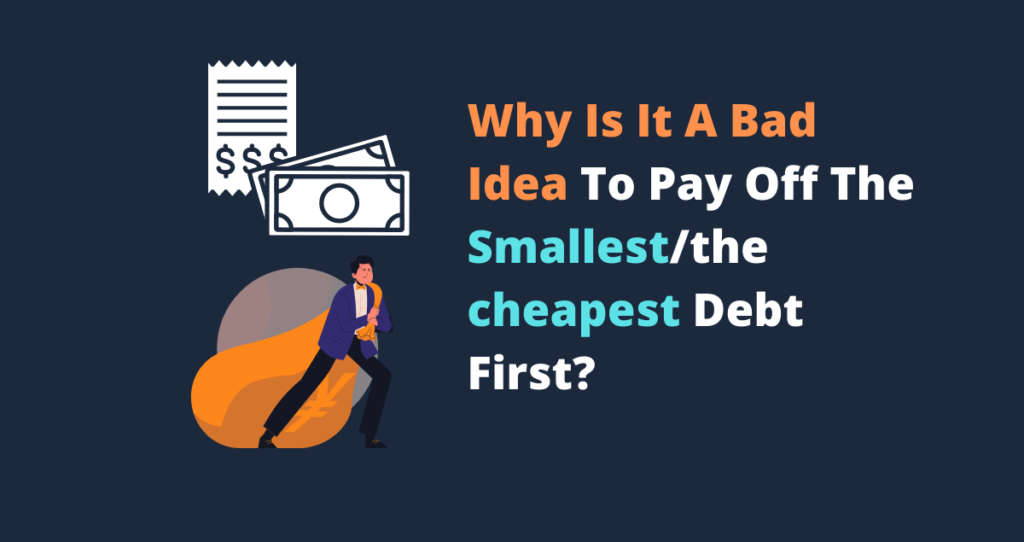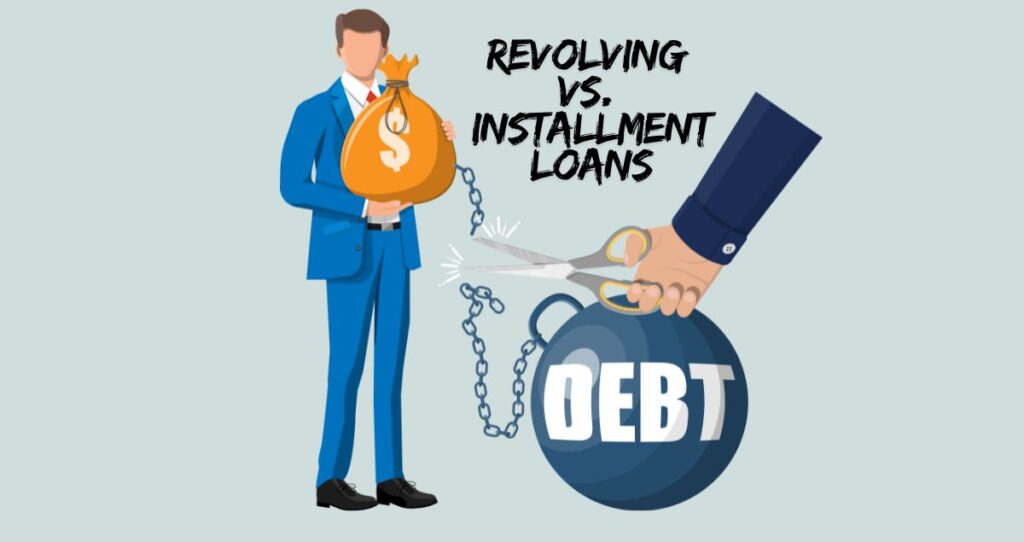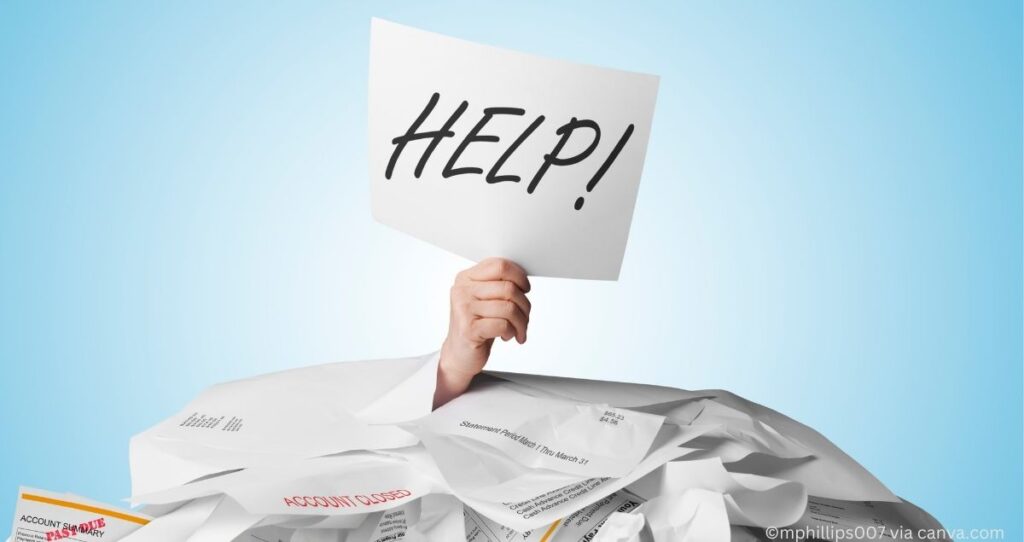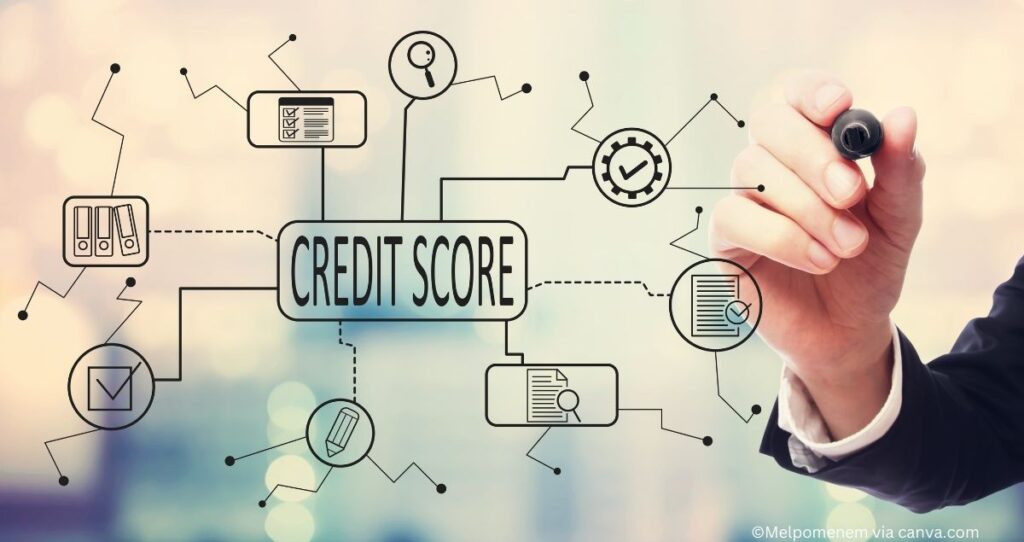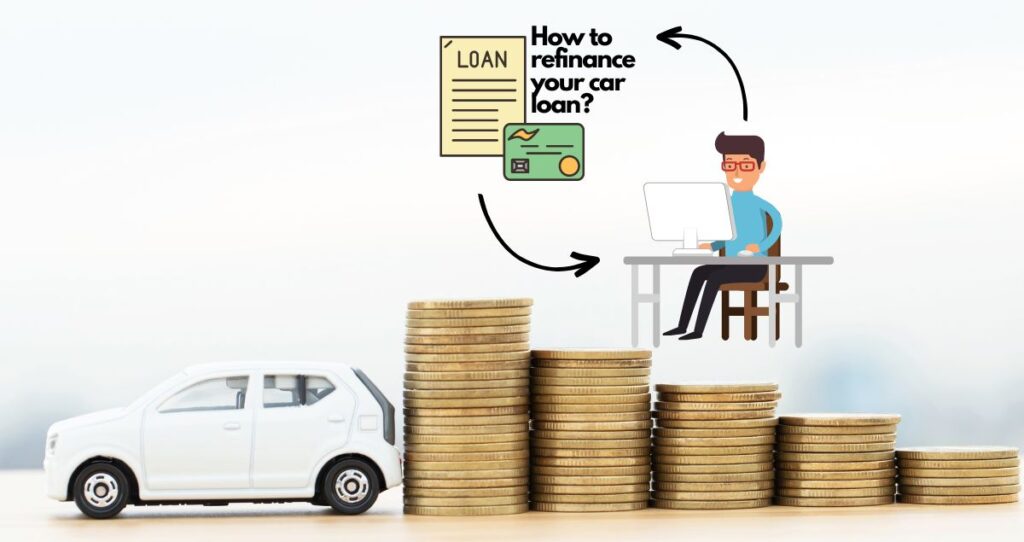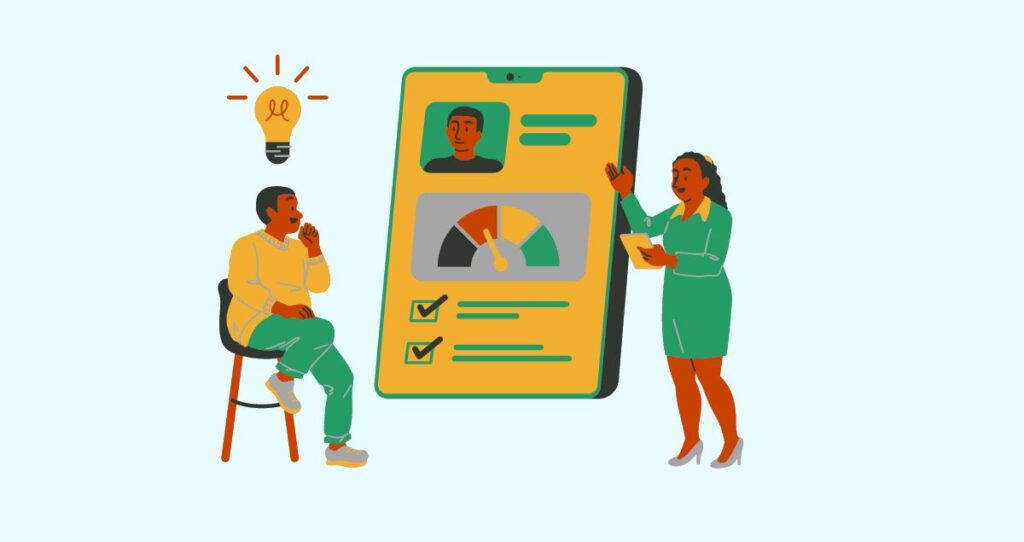If you have too much debt such as credit card debt, mortgages, car loans, and student loans, you might be wondering which debt you should pay off first to make a difference in your finances. While there is no single answer to this question, you should always start with the most expensive debt which is the one with the highest interest rate. This is because high-interest debts cost you more money in interest charges which makes your debts harder to pay off. By focusing on the debt with the highest interest rate, you can significantly reduce the amount of interest you owe. Thus, paying off your total debt faster.
This approach is known as the avalanche method and it works by chipping away at the debt that costs you the most money over the long run.
Revolving debts such as credit card debts are usually the ones with higher interest rates and compound daily. For example, if you have a car loan, a mortgage, and a credit card debt, you should pay off your credit card first since it is the one that costs you more money in interest charges.
If you like to celebrate small wins, paying off the smallest debt first might be a great strategy you can use. When you pay off the smallest debt first, it gives you a sense of achievement and motivates you to keep going. This strategy is known as the snowball method. Paying the smallest debt first works best when you have a lot of debts or if you sometimes struggle to stay committed to your debt repayment plan.
What debt should I pay off first to raise my credit score faster?
To raise your credit score fast, pay off revolving credit debt first which includes credit card debt, personal line of credit, and home equity line of credit(HELOCs). This is because any payment you make on revolving credit lowers your credit utilization ratio which is a major factor in your credit score calculation. To put things in perspective, your credit utilization affects 30% of your FICO score and 21% of your VantageScore. By lowering your credit utilization, you automatically increase your credit score when your payments are reflected on your credit reports.
You should also make your payments on time to take advantage of the benefits of payment history on your credit score. Your payment history affects 35% of your FICO score and 40% of your VantageScore.
On top of reducing your credit utilization ratio, paying off revolving credit lowers your debt-to-income (DTI) ratio which helps strengthen your credit profile.
Related posts:
- How to Raise Your Credit Score in 30 Days?
- Get a 700 credit score in 7 simple steps
- What debt to pay off first to raise your credit score?
What to do if I can’t pay off my debt?
Taking out loans comes with the risk of default. Defaulting on your loan means you fail to make your payments and your lender can repossess the asset.
If you are unable to pay off your loans, here are a few things you can do right away before things get out of hand.
- Understand your current financial situation. Know the amount of debt you owe, your monthly payments, interest rates, and your income.
- Maintain communication with your lender. This is very important. Rather than avoiding your lender, communicate with your lender immediately after knowing that you might not be able to make your payment. Your lender might provide options, like restructuring the loan or creating a new payment plan.
- Break down your down. If you are struggling with your debts, break your repayment amount into smaller achievable goals. For example, rather than thinking of the entire debt, focus on reducing it by, say 5% or 10% in a given timeframe and make payments accordingly.
- Consider a short sale. If you can’t pay off your loan, especially the mortgage, consider a short sale or sale of the property to avoid foreclosure.
- Apply for debt relief programs in your local city. Most local cities have programs to help you pay off your debt and free financial guidance to navigate your debt hardships.
- Increase your income and decrease your expenses. If you are falling behind on your loan payments, it is time to lower your expenses. If you buy expensive stuff, eat out daily, etc. stop these habits and focus on paying off your debt. You can also work overtime or get a part-time job to make extra cash that you can allocate toward your debts.
- Refinance your loan. If your debt is becoming harder due to a higher interest rate, refinance it for a lower rate.
- Balance transfer. If you have credit cards with higher APRs, do a balance transfer to 0% APR credit cards.
You might also like:
- What happens if you can’t pay your mortgage?
- Can I give my house back to the bank to avoid foreclosure?
- How does a foreclosure affect your credit?
Tips to pay off debt faster
If you are serious about paying off your debts fast, here are tips you can implement starting today to get out of debt quickly.
- Stop borrowing. The first step to paying off debt faster is to stop borrowing. This prevents you from accumulating more debt.
- Pay more than the minimum. To get out of debt fast, start paying more than the minimum payment. Any extra amount you allocate toward your debt lowers your balance and helps you pay off your loan quickly.
- Pay off the most expensive debt first. By paying off the most expensive debt first, you lower the amount of interest charges you owe which in the end saves you money in the long run. Once the first debt with the highest interest is paid off, move to the next debt with the highest interest.
- Refinance your debt. If you have a higher-interest debt such as a mortgage, you can refinance your loan which saves you money in interest charges.
- Consider a balance transfer. Just like refinancing your loan, the balance transfer is a strategy where you transfer a high-interest credit card balance to a lower-interest card such as a 0% APR credit card. This eliminates the interest on your balance and gives you a chance to pay it off faster.
- Start a debt payment challenge. If you find yourself falling behind on your debt payment plan, establish a debt repayment challenge.
- Lower expenses and increase your savings. Lowering your expenses frees extra cash which you can allocate toward paying off your debts.
- Consolidate your debts. Debt consolidation is a type of refinancing strategy that allows you to take out one loan to pay off many others, especially for consumer debts.
You might also like:
- How to request a lower interest rate on a credit card
- 7 reasons your family is so poor
- How to pay off your mortgage faster?
Disadvantages of paying off your debt
Paying off debt can seem like a great financial move, but it also has some disadvantages. Here are the drawbacks of paying off your debts.
- Paying off your debt fast can deplete your savings. Allocating extra money toward debt payments leaves you vulnerable without a sufficient financial buffer to help you during emergencies.
- You can miss out on potential investment. Paying off debt often means neglecting potential investments with high returns which in the end can affect your long-term financial health.
- You might lose tax credits. Some types of debts, like mortgages, offer tax credits. By paying them off early, you lose these benefits and might end up with a higher tax bill.
- Financial stress. Prioritizing debt repayment over everything else can cause financial stress and affect the quality of your life.
- Your credit score can go lower from paying off your debt. Your credit mix is a factor that affects 10% of your credit score and paying off your debt might affect your credit mix which in turn will temporarily lower your credit score.
Related post: Why does your credit score go down when you pay off a loan?
Should you pay off the smallest debt first or the highest-interest debt first?
Paying off your debts can be challenging especially if you are living paycheck to paycheck. The debt repayment strategy you use will largely depend on your circumstances. The smallest debt-first approach, also known as the snowball method, can be effective for you if you get motivated by small wins or if you are not good at sticking to your debt repayment plan.
On the other hand, paying off the highest-interest debt first, which is a strategy known as the avalanche method is an aggressive way to get out of debt. This method targets the debt that is costing you the most interest charges over time. By paying off the most expensive debt first, you reduce the total amount of money you have to pay in the long run.
If I were in your shoes, I would pay off the highest-interest debt first as it is an aggressive way to get out of debt fast and save money in interest charges at the same time. Even if you have to work overtime or get a second job, consider paying off the highest-interest debt first. It might be difficult to come up with extra payments, but every extra dollar you allocate to your debt payment saves you hundreds of dollars in interest over time.

